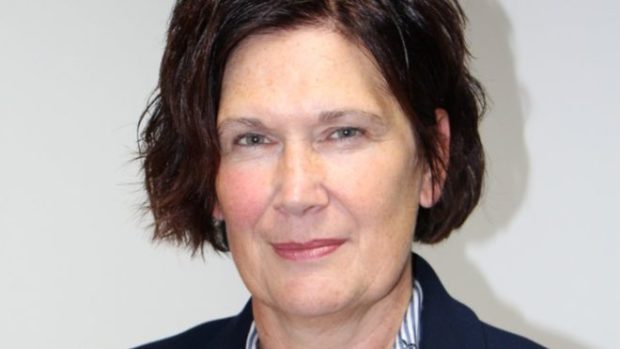There have been shortage of problems for NHS Grampian bosses in recent years.
Attracting staff has been a recurring issue, while the maternity provision at Dr Gray’s in Elgin and a shake-up of minor injury units have been recent concerns.
But, in her first interview since becoming chief executive 18 months ago, Professor Amanda Croft insisted she was confident the health board would cope with the pressure – particularly if it continues to be innovative.
The 54-year-old admitted recruitment remained a “major challenge” but outlined plans to transform the current way of working to attract more staff.
Prof Croft said: “The health service has gone through massive changes in the last 15 years and there is no reason to think that won’t continue in the future.
“We have to be ready to adapt and be innovators. Here in Grampian, we use robotic surgery, digital admission forms and artificial intelligence to support the work we do.
“It’s an exciting time and one where we work closely with our partners in local authority, academia, industry, and research to find solutions on how we might work differently with the support of technology.”
Prof Croft said she understood patients’ concerns in the region and particularly in rural communities where recruitment problems have been well-documented.
But she added: “I am confident that our newly-formed links with Western Australia and our partnerships with the integrated joint boards in Aberdeen, Aberdeenshire and Moray will gradually lead to a rise in staff numbers during the next couple of years, which will help us address different issues.
“I’ve always been passionate about health and the NHS, but we have to realise things can’t simply carry on as they have always done.
“We have to be more flexible and diverse in how we recruit and retain staff as well as how we serve our population. We are developing the resources to treat people remotely and we will be moving further in that direction.
“So there are challenges, but there are also opportunities. We have innovations and examples across the area, both current and historical.
“The robotic surgery at Aberdeen Royal Infirmary was the first of its kind of Scotland. Our major trauma centre was the first in Scotland to be functional, and of course this was the city which (through Dr John Mallard) gave the world the MRI machine.
“Yes, the service is changing, but there has been so much progress made in recent years that I am optimistic about what lies ahead.”
Prof Croft has witnessed a wholesale transformation in the NHS since she started her career at the Derby School of Nursing in 1989.
She said: “When I went to do my nurse training at Derby Royal Infirmary, I was about six months into it and I went to see the head of the school of nursing and said to her: ‘I’d like to move on to the staff nurse course, please’, because I was working alongside other people and I thought I was doing as well as them, if not better.
“However, she turned round to me and said: ‘My dear, if we thought that you were good enough, you would be on that course already.’
“So there you go. I still remember that… but I have always been a pretty determined and focused person and I have never been afraid of hard work.
“I came up to NHS Grampian in 2000 and my first job was as a bed manager, where I had to try and allocate patients to beds and that was never easy, to keep the flow of patients moving throughout the hospital.
“I have worked right across the healthcare system, in Moray, in primary care, in acute services, and then I was the nurse director, so I have had first-hand experience how these different areas weave together.”
Prof Croft insists it’s ‘crucial’ the NHS keeps working with ‘extremely important’ European staff
Prof Amanda Croft said she strongly believes it is important to retain EU nationals who play an “extremely important” role in the NHS, regardless of what happens with Brexit.
She said: “They come and work for us and that means we fill our vacancies, but what they bring to us is so important, because they have trained in different countries, they bring different experiences and different values, and it gives you a diverse workforce.
“The more diverse your workforce, the richer you are in patient experience.”
Prof Croft also praised the relationship NHS Grampian has established with Western Australia and said it is already reaping a dividend for the region.
She said: “We know that, traditionally, they train too many nurses and we have created pathways whereby Australians can come over here on one or two-year contracts, and that arrangement suits both us and them.
“We are looking at our contracts and what we can do to be flexible. The Australian experience has pushed her forward and shown what is possible.”
